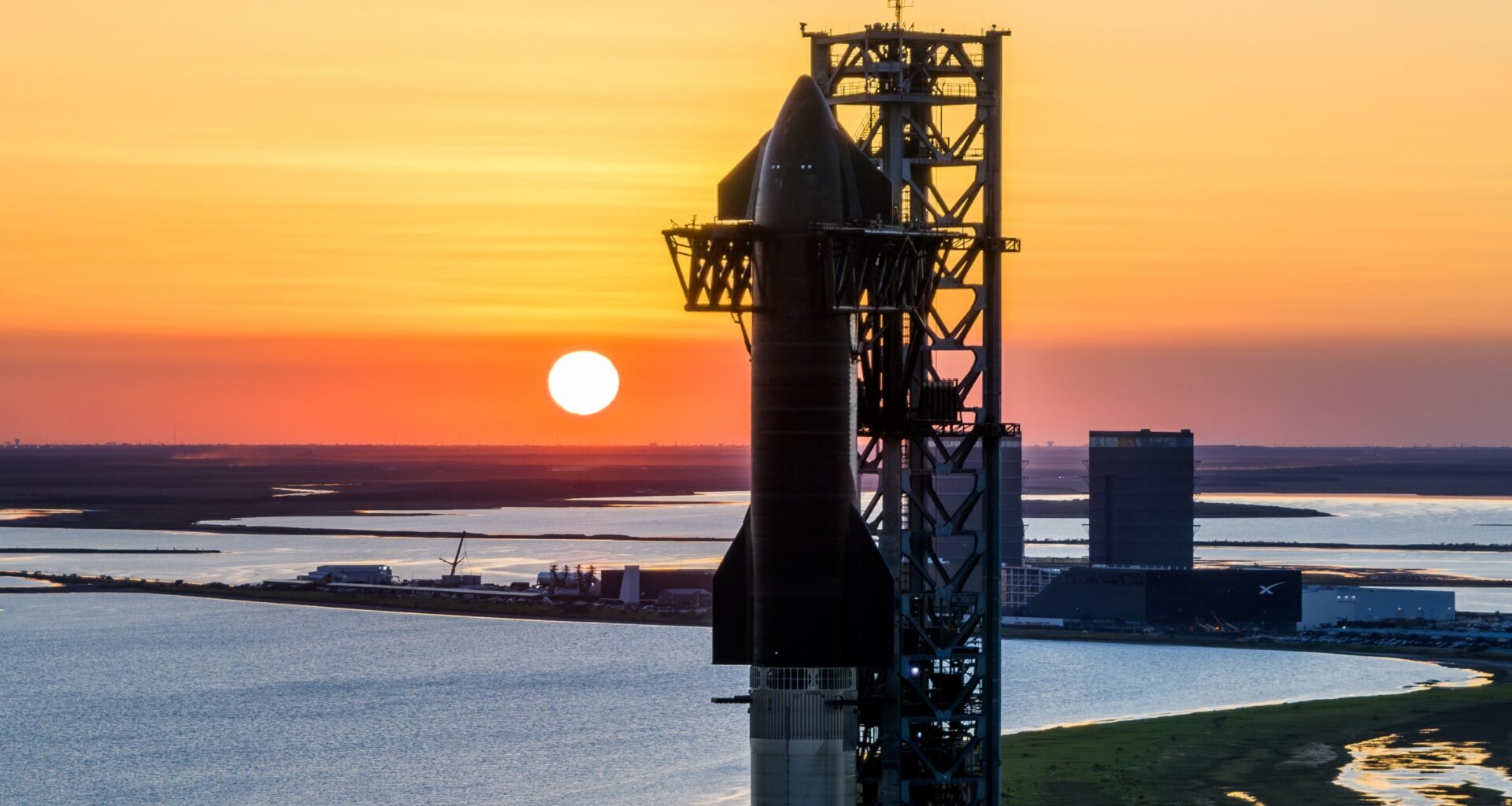The Italian Space Agency (ASI) will send Italian science experiments to Mars aboard the first commercial Starship missions to the Red Planet, the agency announced yesterday.
The proposed agreement with SpaceX will send multiple payloads—including a plant growth experiment, a meteorological monitoring station, and a radiation sensor—to gather data on both the six-month flight to our red neighbor, as well as on the Martian surface
Flight delays: While it’s unclear when this mission to Mars will fly, SpaceX CEO Elon Musk gave an (optimistic) update on Starship’s Martian transit schedule this week.
“Slight chance of Starship flight to Mars crewed by Optimus [the SpaceX robot] in Nov/Dec of next year. A lot needs to go right for that. More likely, first flight without humans in ~3.5 years, next flight ~5.5 years with humans,” Musk said on his social media platform, X.
All roads lead to Mars: Italy isn’t just betting on SpaceX to get its tech to the Red Planet, however. ASI and the Italian space industry are contributing on multiple international Mars missions in the works.
Italy has contributed 40% of the funding for ESA’s planned ExoMars Rosalind Franklin rover, which is targeting a (delayed) launch in 2028. The country has also developed multiple on-board sensors and spectrometers that will help analyze the Martian soil for that mission.For the Mars Ice Mapper mission planning to launch in the early 2030s, ASI signed a contract last year with Thales Alenia to develop a communication system to stay in contact with the Martian satellite.ASI is also developing a mission to Mars’ moon Deimos—called the Terrain Analyzer and Sample Tester Explorer, or TASTE—which will send a cubesat with a multispectral camera and spectrometer to observe the planet, as well as a mini-lander capable of collecting samples. ASI has not announced a date for this mission yet.
All of these projects are part of Italy’s concerted strategy to frame itself as a leader in deep-space exploration.
Following the announcement of the upcoming SpaceX flight, Adolfo Urso, Italy’s enterprises minister and delegate for space and aerospace policies, said the agreement “confirms, once again, our strategy to strengthen national industry, promote Italian talent, and consolidate our country’s presence in major space exploration programs.”
